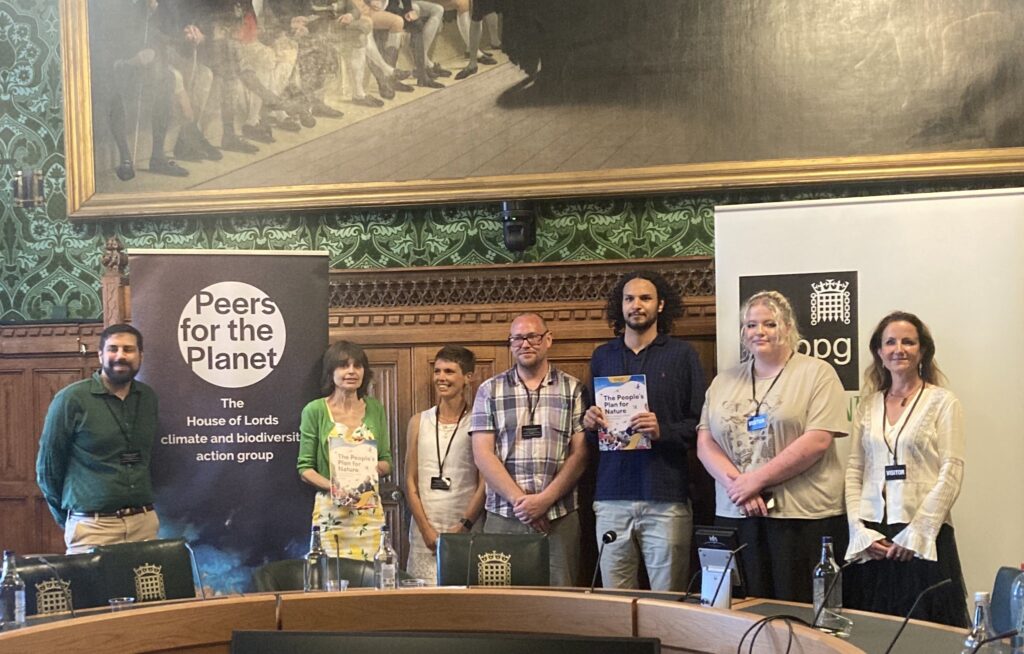A leading public health expert says the UK should bury the dead in green ‘burial corridors’ alongside motorways and train tracks.
Professor John Ashton, writing in the Journal of the Royal Society of Medicine, says this would solve the problem of cemeteries that are rapidly running out of space as well as providing fertile ground to plant trees or vegetables.
There are 500,000 deaths annually in England and Wales and it has been claimed that there will be no burial space left ‘within five years.’
Environment Minister Michael Gove recently announced a scheme for planting 130,000 trees in urban areas to reduce pollution and global warming and Ashton believes burial corridors could help the government meet that goal and ‘join up the dots’ of green environmentalism and human burial.
‘Green burials’ or human composting uses a process where corpses are placed in reusable steel vessels together with wood chips, straw and alfalfa after artificial limbs, joints and pacemakers have been removed.
It then takes about 30 days for the body to decompose into a compost that can be used to plant a tree or grow vegetables.
There is a financial benefit too as the average cost of a graveyard burial in the UK is £3,757 whereas a green burial can cost as little as £800.
Prof. Ashton also says green burials can remove the environmental and human health impacts of the fluids and materials used in embalming and the manufacture of coffins.
Prof Ashton said: ‘A glimpse of what might be possible with political will and imagination can be seen by what has happened alongside long-forgotten canals by neglect and default where wildlife corridors have evolved over time.
‘It is time to revisit the public health roots of human burial and connect them to a new vision for a planet fit for future generations.’
Read the paper here.







